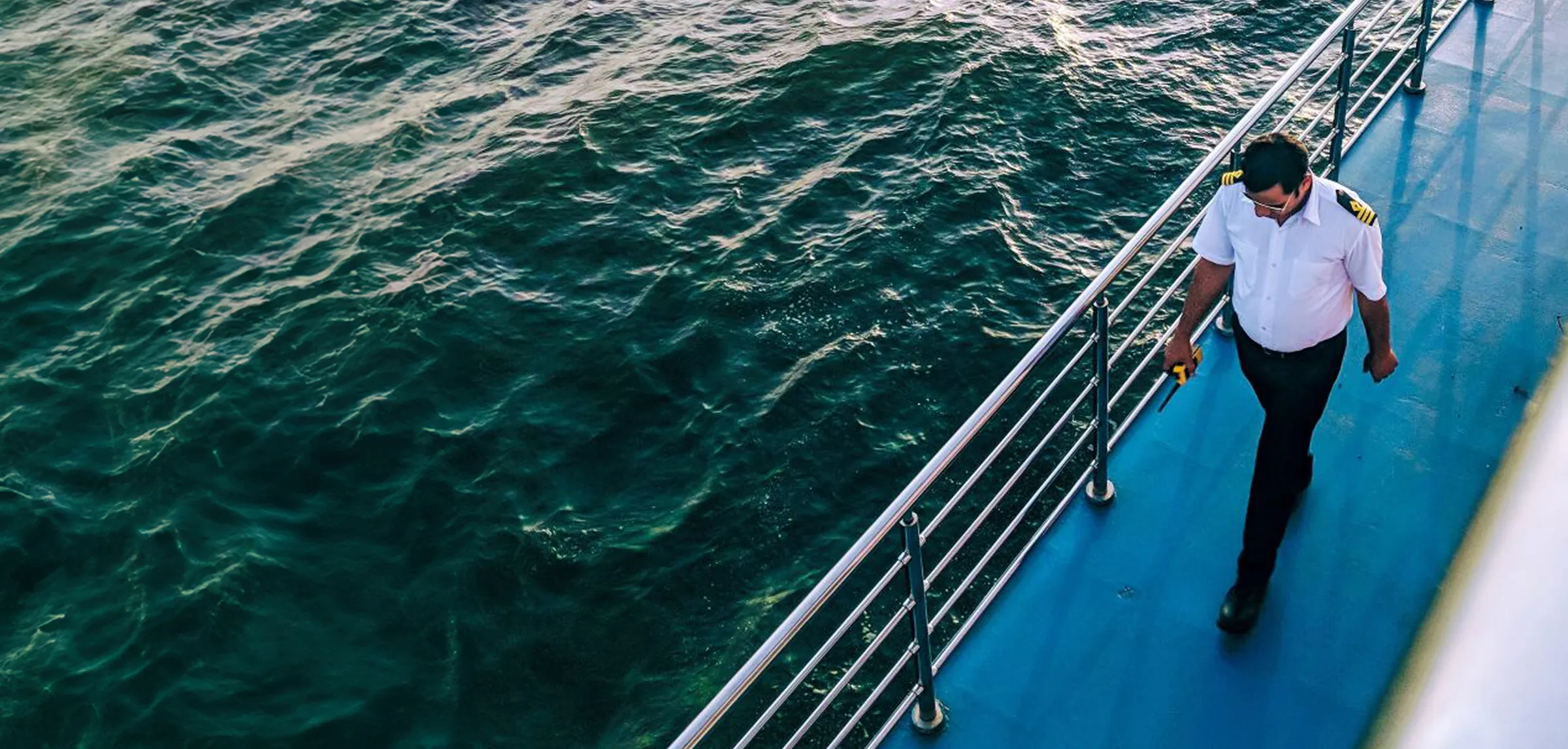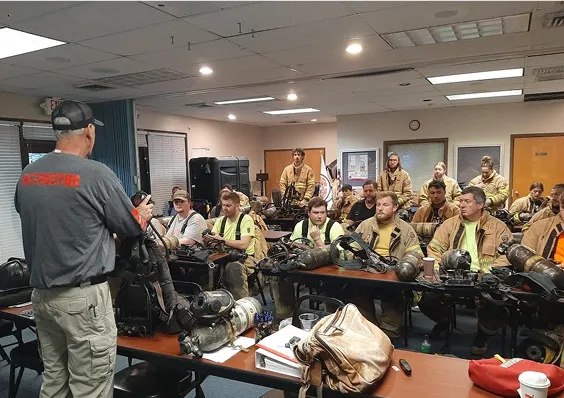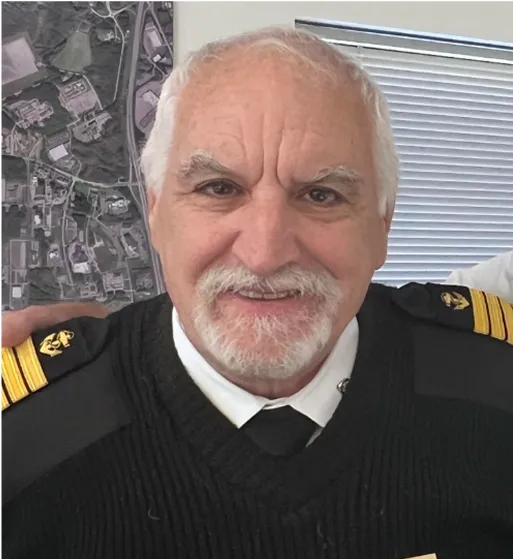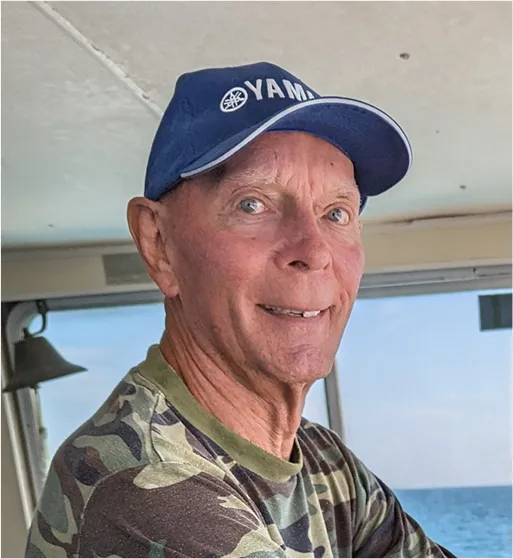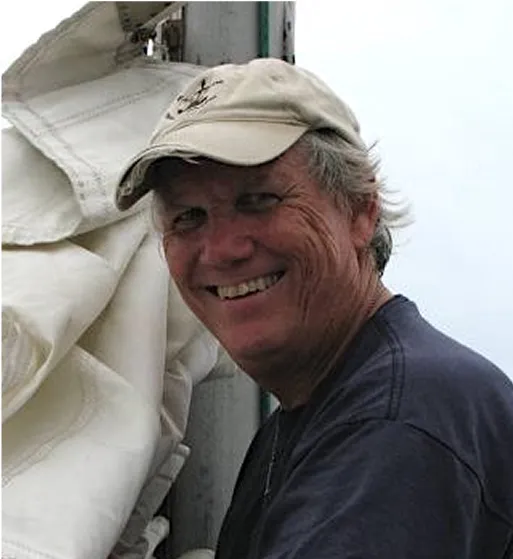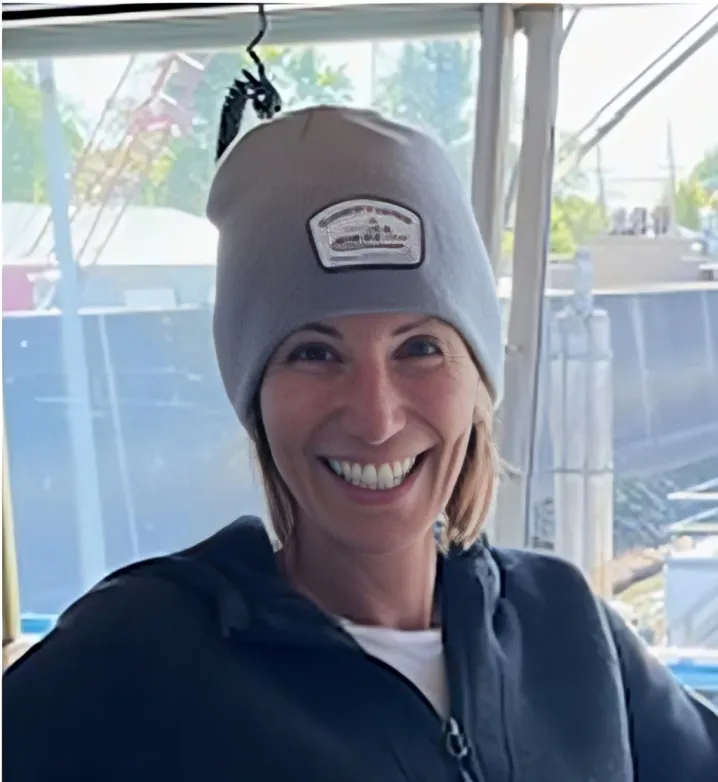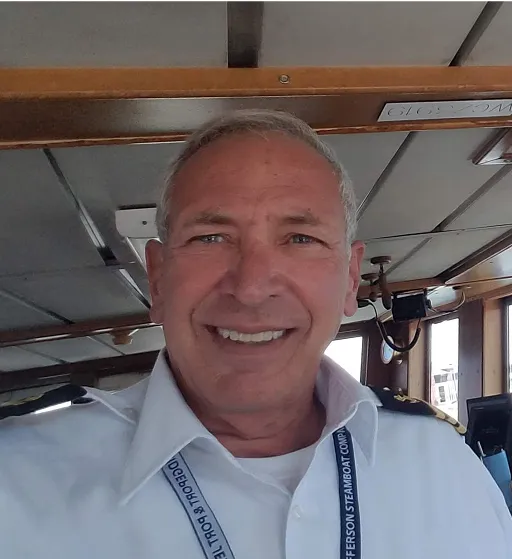QMED - Oiler Course
Enroll today in Sea School’s fifteen (15) day US Coast Guard-Approved QMED Oiler course and learn practical skills in maintaining and repairing engine room equipment. This USCG-Approved course serves as a substitute to the Coast Guard QMED exam.
.webp)
Why Thousands of Mariners Choose Sea School?
Each year, over 7,500 students choose Sea School for their maritime training. We offer 30+ USCG-approved courses across in-person, online, and satellite formats, with training available at 6 locations nationwide. Team training is also available on-site or via satellite to meet company needs.

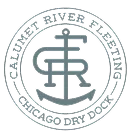
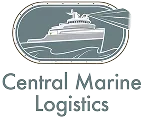


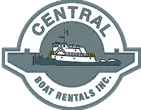

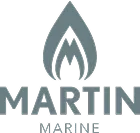








Throughout Sea School’s fifteen (15) day QMED Oiler course, students will learn how to properly use, inspect, lubricate, and repair engine room equipment.
Students will also gain an understanding of the safety and environmental protocols for vessel operations, and be able to prepare records and reports for maintenance logs. Upon successful completion of all in-class and hands-on sessions, students will receive a certification of successful completion, which substitutes for the Coast Guard QMED exam.
Oilers are responsible for wiping oil; maintaining tools; and cleaning, preparing, and painting machinery, equipment, and related spaces. They also lubricate moving parts of propulsion engines and auxiliary equipment.

QMED - Oiler Course Completion and Certification Requirements
The examination requirements of 46 CFR 12.501(c)(5) for a national rating endorsement as QMED-Oiler.
Why Thousands of Mariners Choose Sea School?
Each year, over 7,500 students choose Sea School for their maritime training. We offer 30+ USCG-approved courses across in-person, online, and satellite formats, with training available at 6 locations nationwide. Team training is also available on-site or via satellite to meet company needs.
















QMED-Oiler Requirements: Everything You Need to Get Certified
Eligibility Requirements
Minimum Age
- Must be 18 years old
Citizenship Status:
- Must be a U.S. citizen or an alien admitted for permanent residence
Sea Service Requirement
Service Time:
- 180 days of service in a rating at least equal to that of a wiper or coal passer
Real-World Expertise
Excellence starts with a strong foundation. We believe in mastering fundamental skills, building confidence, and ensuring every mariner has the knowledge and expertise needed to succeed in their career.
Flexible Learning Options
True leadership is demonstrated through action. We foster a hands-on approach, where mariners learn by doing and gain real-world experience that prepares them for the challenges of the industry.
Career Advancement
In the maritime world, challenges are inevitable - but so are solutions. We encourage proactive thinking, problem-solving, and the courage to take initiative.
Industry-Recognized Certifications
We never settle for mediocrity. Whether in training, leadership, or problem-solving, we strive for the highest standards in everything we do.
A Strong Community & Industry Network
Success in the maritime industry requires a strong work ethic. We embrace a roll-up-your-sleeves mentality, knowing that real growth comes from effort and persistence.
Confidence & Leadership Development
Ttrue professionals must be ready to adapt. We believe in staying agile, embracing change, and continuously expanding our skills to meet new challenges.
We’ve developed comprehensive, engaging, and practical curriculum to set you up for success on the water
While the curriculum represented on the Sea School website is a general layout of course information, it is not the exact order in which lessons are taught.
- Auxiliary Machinery
- Basic Safety Procedures
- Bearings
- Care of Equipments & Machine Parts
- Heat Exchangers
- Measuring Instruments
- Lubrication Principles
- Maintenance Procedures
- Measuring Instruments
- Pipes, Fittings & Valves
- Pollution Prevention
- Properties of Fuel
- Refrigeration Principles
- Remote Control Equipment
- Use of Hand Power Tools
- Watch Duties
- Auxiliary Machinery
- Basic Safety Procedures
- Bearings
- Care of Equipments & Machine Parts
- Heat Exchangers
- Measuring Instruments
- Lubrication Principles
- Maintenance Procedures
- Measuring Instruments
- Pipes, Fittings & Valves
- Pollution Prevention
- Properties of Fuel
- Refrigeration Principles
- Remote Control Equipment
- Use of Hand Power Tools
- Watch Duties
- Generation Equipment
- Maintenance
- Motors
- Safety
- Generation Equipment
- Maintenance
- Motors
- Safety
- Communications
- Damage Control
- Elementary First Aid
- Emergency Medical Equipment
- Environmental Awareness
- Emergency Survival Equipment
- Fire Prevention
- Firefighting Equipment
- Firefighting Principles
- Fire Awareness & Safety
- Firefighting Procedures
- General Safety
- Hazardous Materials
- Communications
- Damage Control
- Elementary First Aid
- Emergency Medical Equipment
- Environmental Awareness
- Emergency Survival Equipment
- Fire Prevention
- Firefighting Equipment
- Firefighting Principles
- Fire Awareness & Safety
- Firefighting Procedures
- General Safety
- Hazardous Materials
- Ballast
- Bilge
- Compressed Air
- Desalination
- Fuel Oil - Storage/Transfer
- Fuel Treatment
- Lubrication
- Potable Water
- Refrigeration
- Sanitary/Sewage
- Steering Gear
- Ballast
- Bilge
- Compressed Air
- Desalination
- Fuel Oil - Storage/Transfer
- Fuel Treatment
- Lubrication
- Potable Water
- Refrigeration
- Sanitary/Sewage
- Steering Gear
- Auxiliary Turbines
- Boiler Fundamentals
- Combustion Principles
- Condensate Systems
- Drive Systems
- Feed Water Systems
- Fuel Service Systems
- Maintenance
- Safety
- Steam Fundamentals
- Turbine Fundamentals
- Auxiliary Turbines
- Boiler Fundamentals
- Combustion Principles
- Condensate Systems
- Drive Systems
- Feed Water Systems
- Fuel Service Systems
- Maintenance
- Safety
- Steam Fundamentals
- Turbine Fundamentals
- Air Charge Systems
- Cooling Water Systems
- Diesel Engine Principles
- Drive Systems
- Fuel Service Systems
- Metering & Flow Measurement
- Fuel System Leak Alarms
- Fuel System Trips & Shutdowns
- Intake & Exhaust
- Lubrication Systems
- Starting Systems
- Waste Heat/Auxiliary Boilers
- Condensate & Feed Water Systems
- Air Charge Systems
- Cooling Water Systems
- Diesel Engine Principles
- Drive Systems
- Fuel Service Systems
- Metering & Flow Measurement
- Fuel System Leak Alarms
- Fuel System Trips & Shutdowns
- Intake & Exhaust
- Lubrication Systems
- Starting Systems
- Waste Heat/Auxiliary Boilers
- Condensate & Feed Water Systems
A Simple 3-Step Process to Get Certified and Start Your Maritime Career
Choose Your Course
Pick the course that fits your experience level and sea time and select the available format that works for you (in-person, Zoom, or online).
Enroll & Prepare
Register online or at a Sea School location. Ensure you meet eligibility requirements and start reviewing the provided study materials.
Get Certified
After finishing the course, you will need to submit your application to the Coast Guard to receive your Merchant Mariner Credential (MMC).

What Our Clients Say
What We Provide:
What Students Need to Bring:
- Students should bring a pencil, highlighter, and notebook
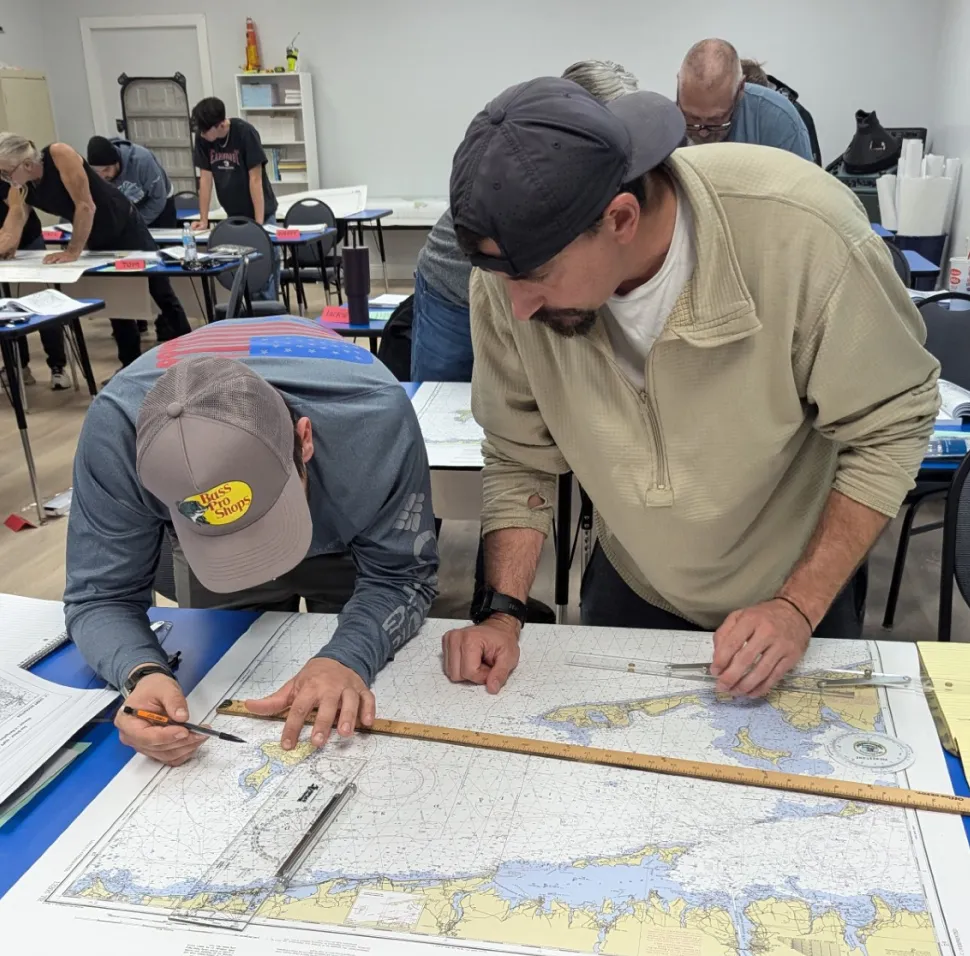
Advance your Maritime Career
All the answers you’ll need before enrolling in the QMED-Oiler course
A QMED is a Qualified Member of the Engine Department working on a vessel. QMED crew members are responsible for the maintenance, operation, and repairs of the major mechanical systems on a vessel.
The Sea School offers QMED - Oiler courses at our Bayou La Batre, AL location. You can also find a list of approved courses on the NMC website under the “Approved Courses” tab.
- Age: 18 years of age or older
- Physical Exam: Physical that satisfies the Form CG-719K
- We offer physicals at most of our brick and mortar locations
- Drug Testing: Consortium membership / drug test compliance
- Sea School has its own USCG drug consortium, APCA. Interested students can sign up for a drug test/consortium membership at apcadrugtesting.com or by calling (727) 522-2727
- Citizenship: U.S. Citizenship OR alien admitted for permanent residence
- Security Clearance: TWIC Card - Required for U.S. government security clearance
- Mariner Fees: Mariner Fees
Sea Service: 180 days of service in a rating at least equal to that of a wiper or coal passer.
Qualified Member of the Engineering Department (QMED) certificates are valid for 1 year.
Mariners holding the QMED-Oiler endorsement can renew their endorsement in the following ways (only one needed):
- Present evidence of at least 360 days of sea service during the last 5 years
- Pass a comprehensive, open-book exercise covering the general subject matter as appropriate to the credential
- Provide evidence of employment as a qualified instructor or in a position closely related to the credential
A credential may be renewed at any time during its validity and for one year after expiration.
QMED-Oilers can work on a number of different vessels, some include:
- Cargo ships
- Tankers
- Tugboats
- Passenger Vessels
- Research Vessels
No. Only the USCG can issue official documentation and certifications. To obtain an official QMED-Oiler certification, mariners must:
- You need to submit to the certificate to the CG within 12 months with all the other requirements for the license in order to have it listed on your MMC.
- Complete the necessary USCG application forms and required documentation.
- Submit both the Sea School Course Completion Certificate and USCG application form to the USCG.
The USCG then processes the application and issues the official QMED-Oiler certification.
Your Journey Begins Here – Get Certified & Get on the Water!
Helping thousands of mariners every year, Sea School is a leader in the maritime education space. Whether you are new to the industry or looking to add onto your Merchant Mariner Credential, find the courses right for you at Sea School.
